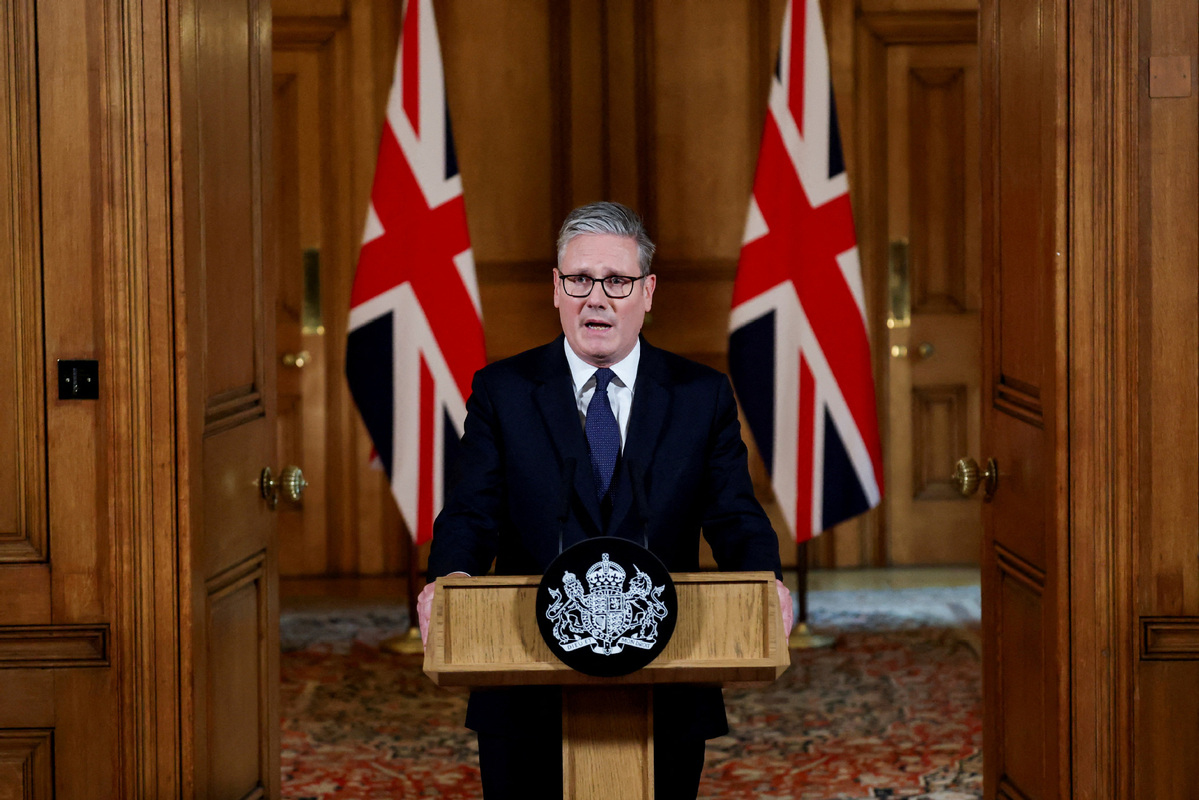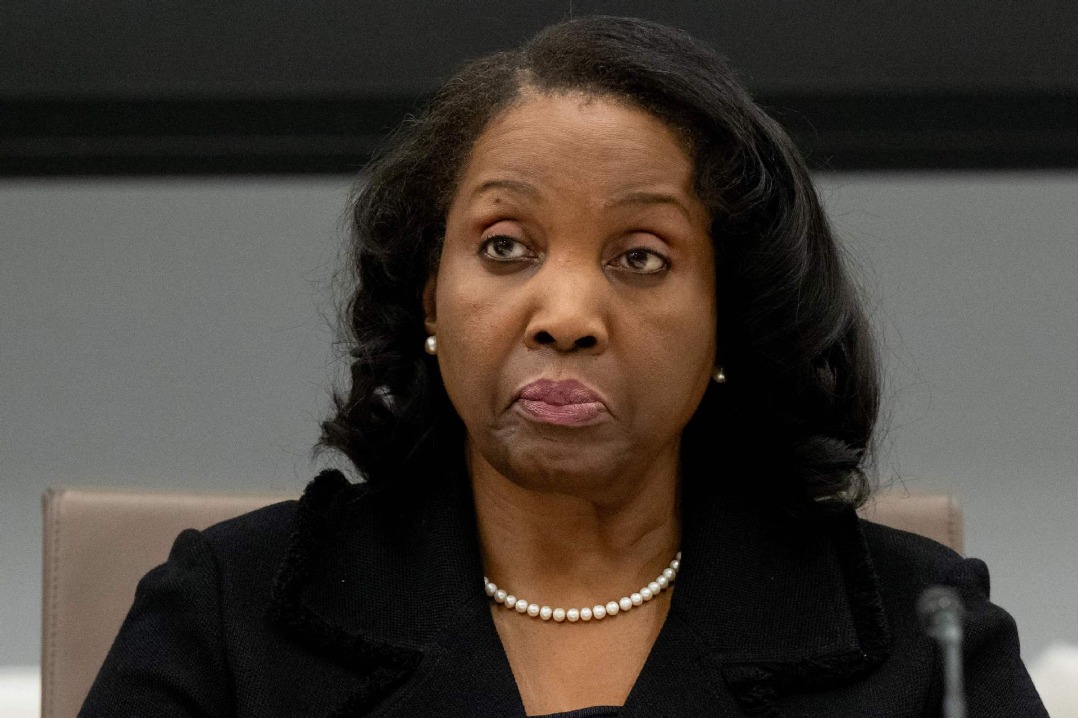Starmer sets deadline for Palestine recognition


British Prime Minister Keir Starmer says his government will recognize Palestinian state in September, unless Israel takes significant steps to defuse tensions and ease the growing humanitarian crisis in Gaza.
The announcement came following an emergency meeting of Starmer's cabinet to address the Gaza situation. A document circulated to journalists afterwards confirmed recognition would happen "unless the Israeli government takes substantive steps to end the appalling situation in Gaza, reaches a ceasefire, makes clear there will be no annexation in the West Bank, and commits to a long-term peace process that delivers a two-state solution".
Long-standing tensions between Israel and Palestine have erupted into a particularly fierce chapter of conflict since the Hamas militants' attack on Israel on Oct 7, 2023, which saw more than 1,000 people killed and many more taken hostage, with some of them still being held.
Israel replied with a military offensive focused on the Gaza region, in which local reports say the death toll has now passed 60,000, and in recent weeks restrictions on aid convoys have caused growing concern about famine.
Starmer's announcement comes days after French President Emmanuel Macron said that his country, traditionally a major ally of Israel, would be the first member of the group of seven leading economic nations known as the G7 to recognize Palestine.
The British leader is thought to be a long-standing supporter of Palestinian stage recognition, but was keen to avoid taking action which might be seen as a meaningless gesture, or which could exacerbate the situation.
However, he had been facing growing pressure from members of Parliament, including from his own governing Labour Party, to take action, before Tuesday's announcement.
Starmer insisted that the British government's desired outcome was the two-state solution, which would see what he called a "safe and secure" Israel alongside a "viable and sovereign" Palestinian state, and he had been forced to speak out now as that prospect was under pressure "like never before".
Britain has a significant and complicated historical involvement in the region, and with both sides.
In 1917, a document called the Balfour Declaration, signed by the then-British foreign secretary, supported the establishment of a Jewish homeland in Palestine, and in the aftermath of World War I, the League of Nations put the region under the control of the British, an era known as the British mandate, which saw them in conflict with both Palestinians and Israelis.
In 1947, the League's successor organization, the United Nations, recommended the division of Palestine and the establishment of separate Arab and Jewish states, and in 1948, the British left the region.
julian@mail.chinadailyuk.com

































